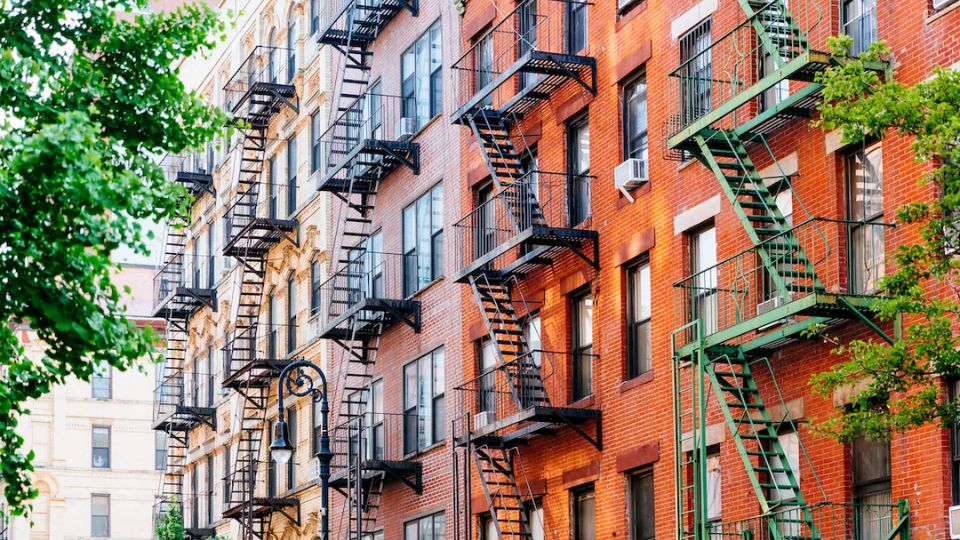Securing an apartment in New York City might seem overwhelming, especially for newcomers. Given the competitive rental market and high demand for apartments, it’s crucial to grasp the timing of the rental process to secure a suitable unit at the best price.
This article will discuss the optimal timing for renting an apartment in NYC, considering the seasonal trends in the rental market and various factors affecting rental rates.
Deciphering NYC’s Rental Market
The rental market in New York City is highly competitive and comes with high costs. In a rapidly changing market, apartments are in high demand and can be difficult to find at a reasonable cost. The high demand for rental units in NYC is driven by the city’s strong job market, top-tier educational institutions, and popular attractions that attract people worldwide.
The increased demand has caused a lack of available rental units, especially in specific sought-after areas. Seasonality impacts the rental market in NYC as well. During the summer, rental prices are typically highest due to increased demand. On the other hand, in the winter months, when demand decreases, rental prices usually become more budget-friendly.
Seasonal fluctuations are influenced by various factors, such as increased student enrollment in the fall leading to higher demand for apartments, and a market slowdown during the winter holidays due to travel and other activities. In general, the rental market in NYC is known for its high demand, limited inventory, and fast-paced atmosphere.
Best Time to Rent an Apartment in NYC
Winter months, from December to February, are ideal for renting an apartment in NYC. At this time, the demand for apartments decreases because of factors like colder weather and the holiday season, resulting in a higher number of apartments available for rent. Rental prices are usually more budget-friendly at this time because landlords are eager to fill their units quickly and prevent vacancies during the slower months.
Another convenient time to rent an apartment in NYC is during the fall season, from September to November. At this time, numerous students and recent graduates relocate to the city for school or work, leading to a rise in the need for rental units. At this time, landlords are more inclined to provide incentives to new renters to draw them to their properties.
Also Read: Listing Best Places to Live on Social Security in Michigan
Worst Time to Rent an Apartment in NYC
Conversely, renting an apartment in NYC during the summer months, from June to August, is not recommended. Currently, there is a high demand for apartments, leading to the highest rental prices. Moreover, there tends to be a higher demand for apartments in the summer, resulting in increased competition and limited choices.
Tips for Renting an Apartment in NYC
Securing an apartment in NYC may seem daunting and overwhelming, but there are various strategies to assist renters in navigating the market and securing a favorable deal.
Consider these pointers when looking to rent an apartment in NYC:
1. Get Ready
Prior to beginning your apartment search, make sure you have all the required paperwork ready. Make sure to have proof of income, references, and a credit report prepared. Ensuring you have all the required documents can accelerate the rental process and demonstrate your commitment to landlords.
2. Collaborate with a Trusted Broker
Brokers may increase the rental expenses, but they can be helpful in locating apartments that meet your requirements. Collaborating with a reliable broker with a strong history and local knowledge can assist renters in securing the most favorable deals.
3. Stay adaptable
Consider being open to different move-in dates, apartment sizes, and locations to discover a wider range of choices and potentially more favorable prices. Those who are flexible with their moving dates or open to exploring different neighborhoods might discover more budget-friendly rental options.
Step 4: Investigate the Landlord
Make sure to thoroughly investigate the landlord before agreeing to a lease. Renters should consider checking reviews or complaints about the landlord or management company and talking to current tenants to learn about their experiences.
5. Discuss the Lease Terms
Tenants should feel comfortable discussing and potentially adjusting the lease terms, including rent, lease duration, and move-in dates. Some landlords may not be open to negotiation, but others might be willing to compromise to secure a qualified renter.



Leave a Reply